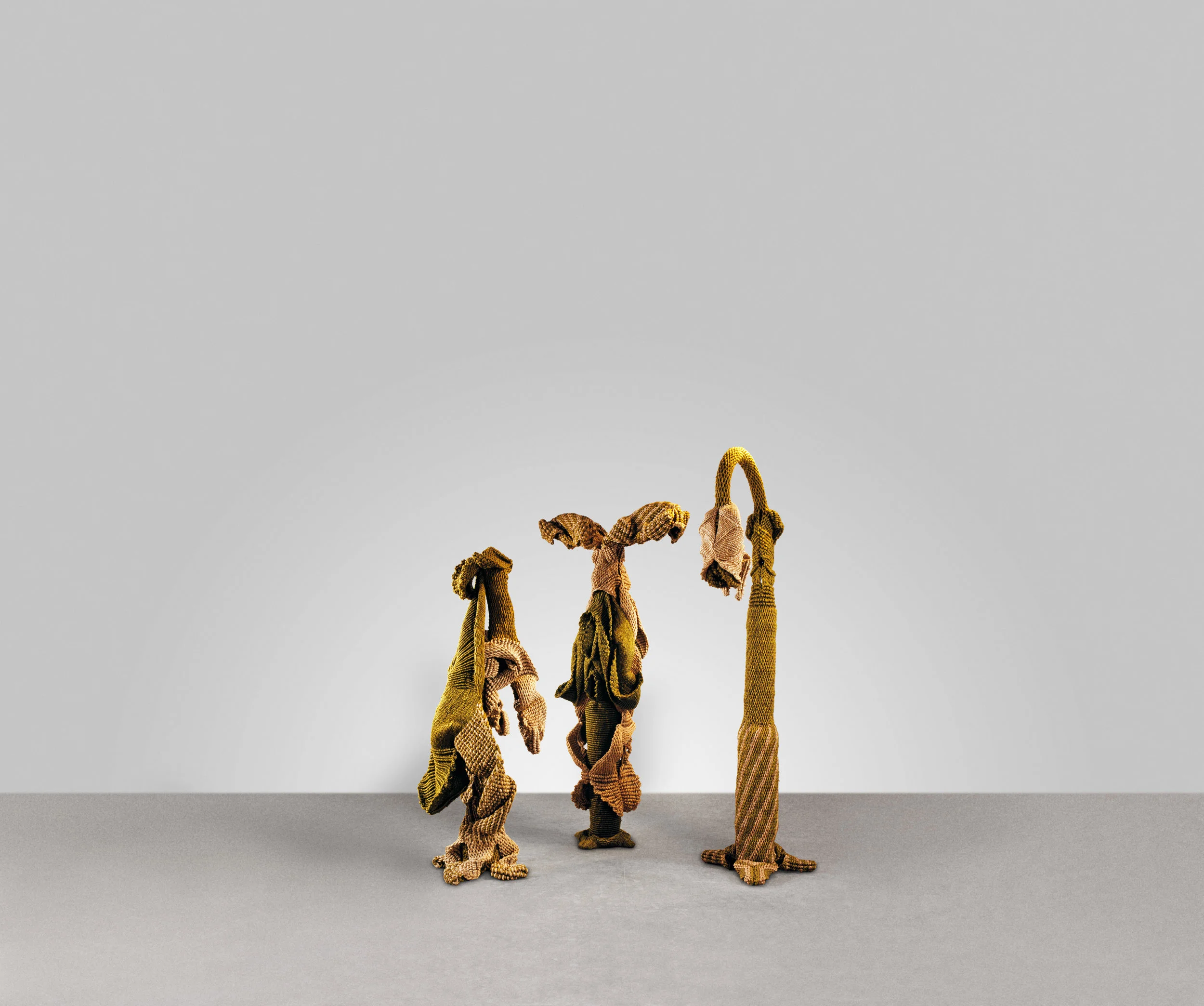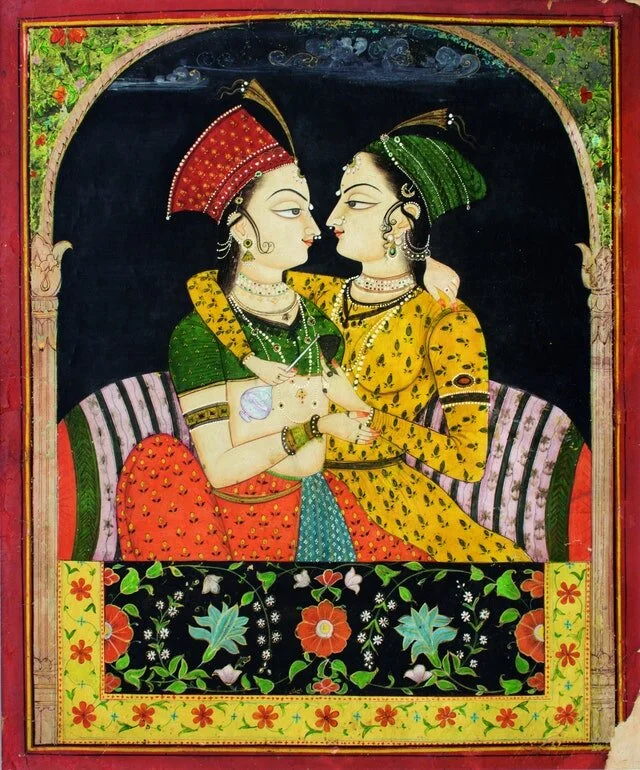Seduction of the Soul
A still from The Manganiyar Seduction. Image courtesy: Roysten Abel.
Through his extraordinary large-scale stage productions, Roysten Abel is reintroducing traditional folk music on a contemporary platform. Click here for the PDF version.
Roysten Abel conjures up stirring performances. He takes you by the collar and plummets you into an extraordinary carnivalesque world of lights, magnificent sets and enrapturing music. Each experience is hypnotic, lyrical and possibly, life-altering. His productions stray from the ordinary, showcasing the country’s precious folk musicians and street artists, bringing their art to the foreground.
A National School of Drama (India) graduate, with a stint in performing with the Royal Shakespeare Company (UK), Roysten began his directorial journey in 1995 by adapting Shakespeare’s plays in India. In 1999, his ingeniously structured, play-within-a-play rendition of Othello, won him countless awards including the Scotsman Fringe First Award at the Edinburgh Fringe Festival. He continued adapting and devising new pieces around Shakespeare’s works, until a short yet life-changing trip to New Delhi’s Shadipur Depot with world-renowned scenographer Rajiv Sethi, altered his view on traditional theater forever.
There, gullies overflowed with behrupias, snake charmers, puppeteers, acrobats and musicians. Amazed by the abundance of skill that existed in these slums and moved by their striking poverty, Roysten realized something: ‘I felt that there was so much potential within the traditional folk art form in India that it was unfair to go looking for forms from the West.’ Since then, he has gone on to create spellbinding experiences, the stars of which are always, the folk musicians or the out-of-job street performers.
The Manganiyar Seduction is one such experience. A four-story pyramid of large, matchbox-like cubicles framed with light bulbs, houses 43 Rajasthani Manganiyars who woo a packed audience with their enigmatic vocal and string-plucking skills. The production is powerful in scale, talent and performance. By the time the curtains drop, it’s safe to say that the audience is irrevocably wooed, or as Roysten puts it, "seduced". "When I was working on The Manganiyar Seduction, I was on this trip that these folk artists needed to be showcased like the gems of our country," says Roysten. "It was then that I asked myself, 'What was it that the musicians had done to me?' And I knew that I had been completely seduced. It was like the seduction of the soul."
This led him to wonder what the parallels for seduction could be, and the imagery of Amsterdam’s red-light district, (which he had visited 14-15 years ago) came to mind. In this hedonistic world, he was awe-struck by the dancers who burlesqued on the three-four floors before him. "It was an entirely bizarre experience, and that’s how the set was conceived. In The Manganiyar Seduction, there is burlesque, not in the physical sense of it, but in terms of an emotional stimulus." For the last six years, the production has traveled across borders and oceans to charm audiences, winning countless admirers.
A still from The Kitchen. Image courtesy: Roysten Abel
The Kitchen is Roysten’s next musical treat. It features 12 gifted mizhavu drummers from Kerala and a pair of actors from the subcontinent’s capital. Without a script or dialogues, the entire piece hinges on the strength of the percussionists who provide the haunting score for a married couple that is trying to resolve its relationship. The inspiration for this large scale production came to Roysten when he visited Jalaluddin Rumi’s tomb in Konya, Turkey, four years ago. After paying his respects to the great poet, Roysten was directed towards Rumi’s kitchen where he noticed a raised platform. He was informed that it was where Rumi meditated and his dervishes whirled. Below the platform, there was a space where his apprentices prepared meals in large cauldrons, while other novices meditated for days on end until their tutor felt that they were ripe to join in. In Roysten’s view, the cooking therefore, was taking place at three levels: "There was actual food being prepared, there were novices who were [spiritually] getting cooked, and there were these dervishes with Rumi cooking on a cosmic plane."
In The Kitchen, a similar stirring and simmering takes place. "If you watch the production," Roysten begins deconstructing, "You will realize that the cooking is taking place at a human level where the couple and the relationship are getting cooked, while the mizhavu drummers are cooking at a cosmic level." For the uninformed, the mizhavu is a copper vessel, argued to be one of the oldest percussion instruments and the only drum allowed to enter a sacred temple. "The mizhavu’s got an interesting myth attached to it," he informs. "It is said to have rolled down from an anthill and is believed to have been given to us by the gods. The vessel is therefore, treated like a Brahmin: they carry out a thread ceremony for it before initiating the drum into performances, and when it cannot be used anymore, the vessel is given a proper burial." In a way then, The Kitchen explores the concept of the body as a vessel. The set designed for this metaphysical expedition is larger-than-life, conceptualized and built to resemble the scaffolding of a vessel, while the light design lends an eerie mood to the piece as well. It is synchronized in such a manner that during crescendos, the drummers’ fingers appear to be like dancing flames. The entire production took Roysten 12 months to conceive and create, and finally, after six months of rigorous rehearsals and countless back-and-forths, The Kitchen was ready to be presented to the world last August.
Working tirelessly with his pieces, Roysten wishes to establish the International Center for Contemporary Traditional Performances in Jaisalmer in the future. It is envisioned to be sanctuary that will house close to 400 folk artists and performers who will be encouraged to practice their art and pass it on to the younger generations. Unfortunately, for now, this dream project is on hold. "It will not only demand focused efforts and a lot of time, but will also require a huge amount of funds," he says. In the meantime however, Roysten is doing all in his power to travel with his ‘contemporary-traditional’ productions and etch the art form onto the global map.





